Sheet vinyl flooring vs click lock vinyl tiles
Ontario_Canada5a_USDA4b
6 years ago
Related Stories
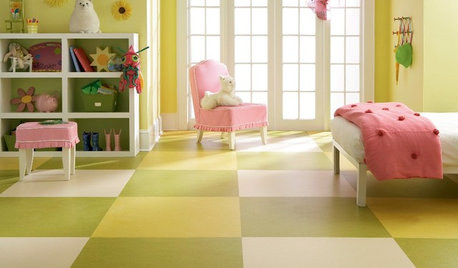
REMODELING GUIDESThe Case for Linoleum and Vinyl Floors
Have pets, kids and a tight budget? Easy-care resilient floors may be the choice for you
Full Story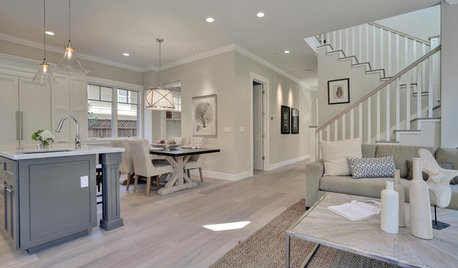
FLOORS5 Reasons Vinyl Flooring Might Be Right for You
This increasingly popular flooring material has some very real benefits
Full Story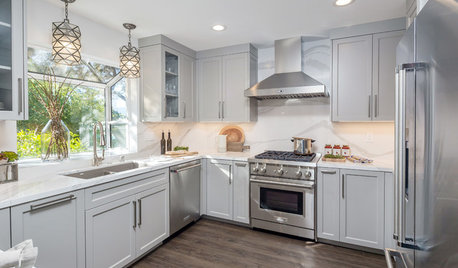
MATERIALSWhat to Know About Luxury Vinyl Flooring
The flooring material has become increasingly popular. Here’s how to determine its quality and get it installed
Full Story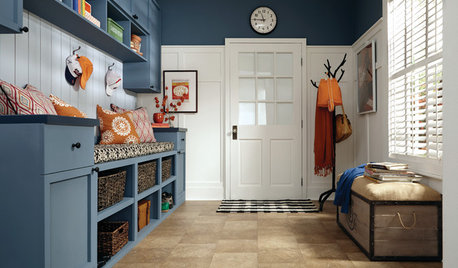
FLOORSNew Groove: Vinyl Floors Are Back!
First vinyl records made a comeback, now floors. See how, where and when to use this durable, easy-to-clean material
Full Story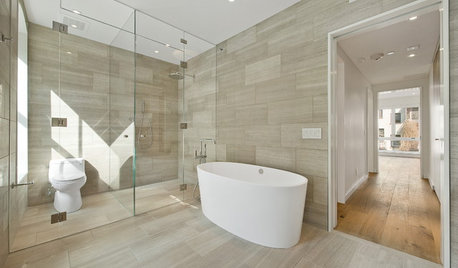
REMODELING GUIDESTransition Time: How to Connect Tile and Hardwood Floors
Plan ahead to prevent unsightly or unsafe transitions between floor surfaces. Here's what you need to know
Full Story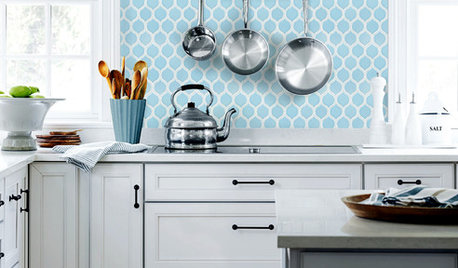
EVENTSThe Latest Looks in Tile, Stone and Flooring
Patterned tile, faux hardwood and natural colors were some of the trends seen at The International Surface Event 2019
Full Story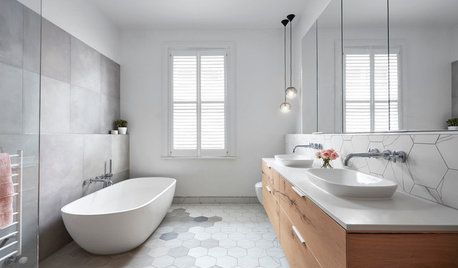
BATHROOM DESIGNFloor Tile Options for a Stylish Bathroom
From the countless choices of bathroom tile available, we focus on some of the best looks for the floor
Full Story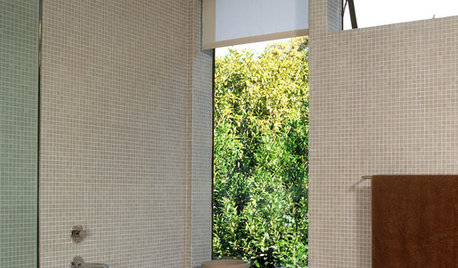
BATHROOM DESIGNFloor-to-Ceiling Tile Takes Bathrooms Above and Beyond
Generous tile in a bathroom can bounce light, give the illusion of more space and provide a cohesive look
Full Story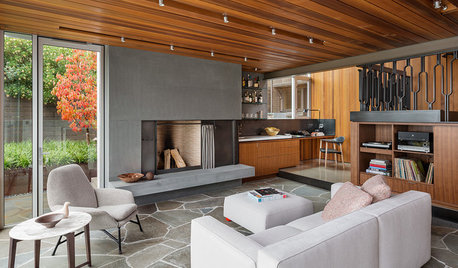
FLOORSHow to Get a Tile Floor Installed
Inventive options and durability make tile a good choice for floors. Here’s what to expect
Full Story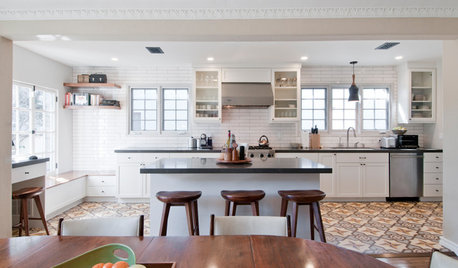
KITCHEN OF THE WEEKKitchen of the Week: Graphic Floor Tiles Accent a White Kitchen
Walls come down to open up the room and create better traffic flow
Full Story





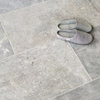


SJ McCarthy
Ontario_Canada5a_USDA4bOriginal Author
Related Professionals
Burlington Flooring Contractors · Desert Hot Springs Flooring Contractors · East Palo Alto Flooring Contractors · Fox Chapel Flooring Contractors · Homestead Flooring Contractors · Los Angeles Flooring Contractors · Shoreline Flooring Contractors · South Lake Tahoe Flooring Contractors · Spokane Flooring Contractors · Banning General Contractors · Bloomington General Contractors · Everett General Contractors · Milford General Contractors · Saint George General Contractors · West Whittier-Los Nietos General ContractorsSJ McCarthy
socks